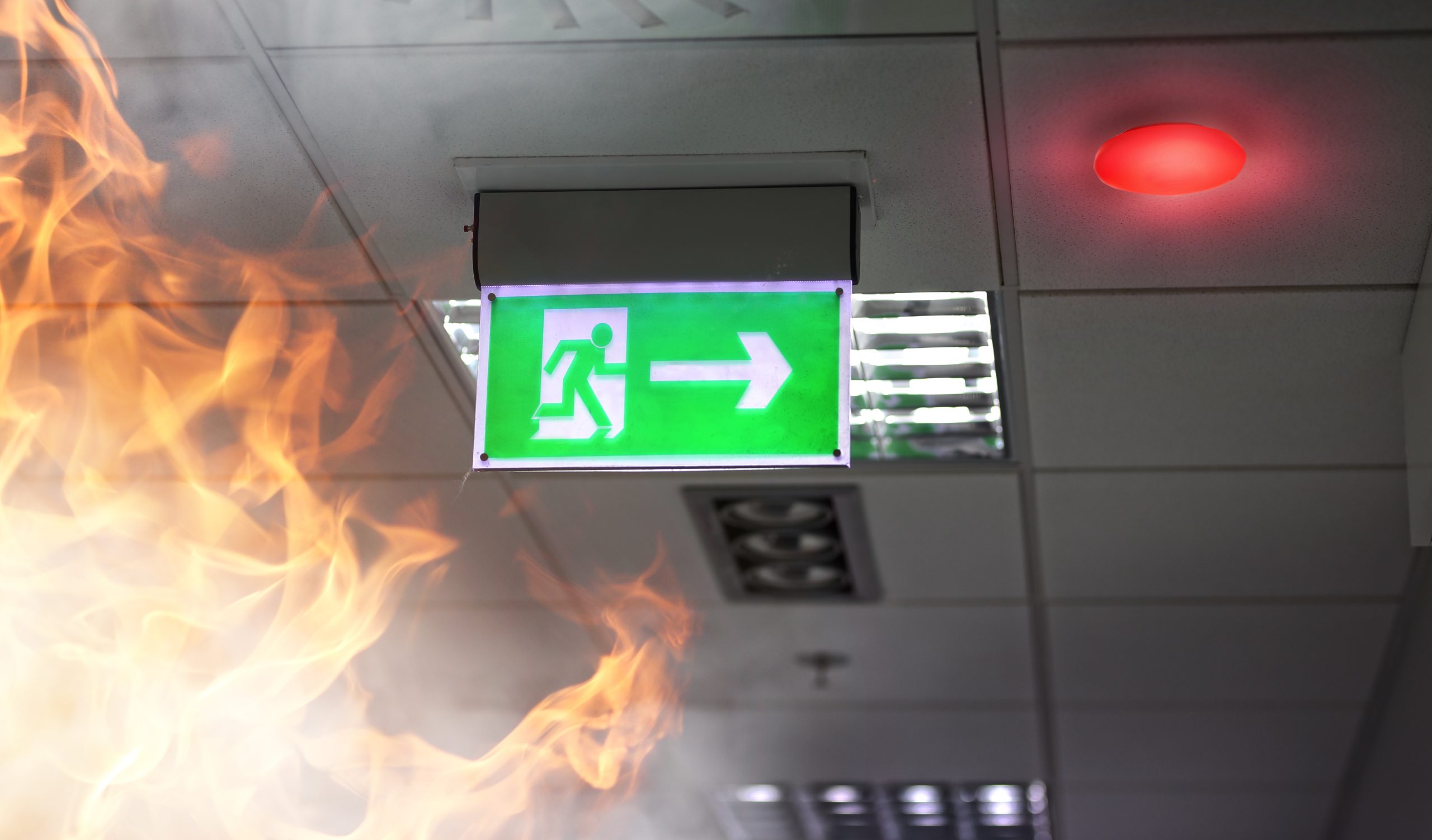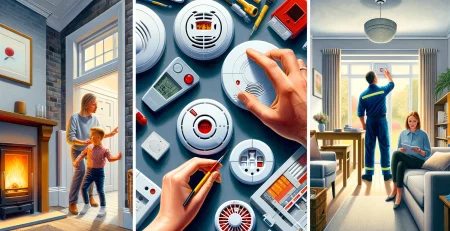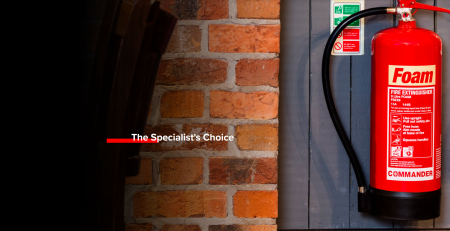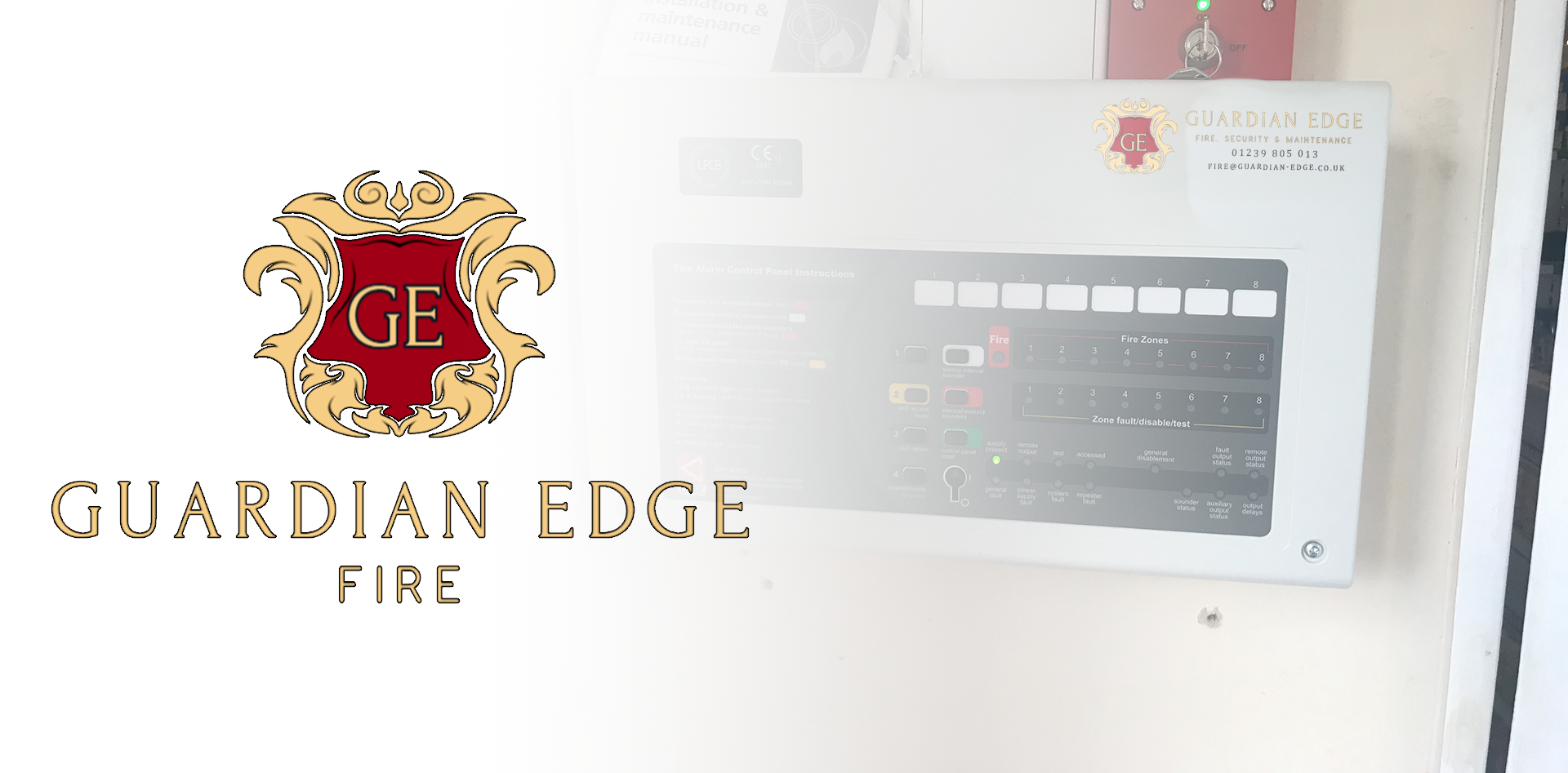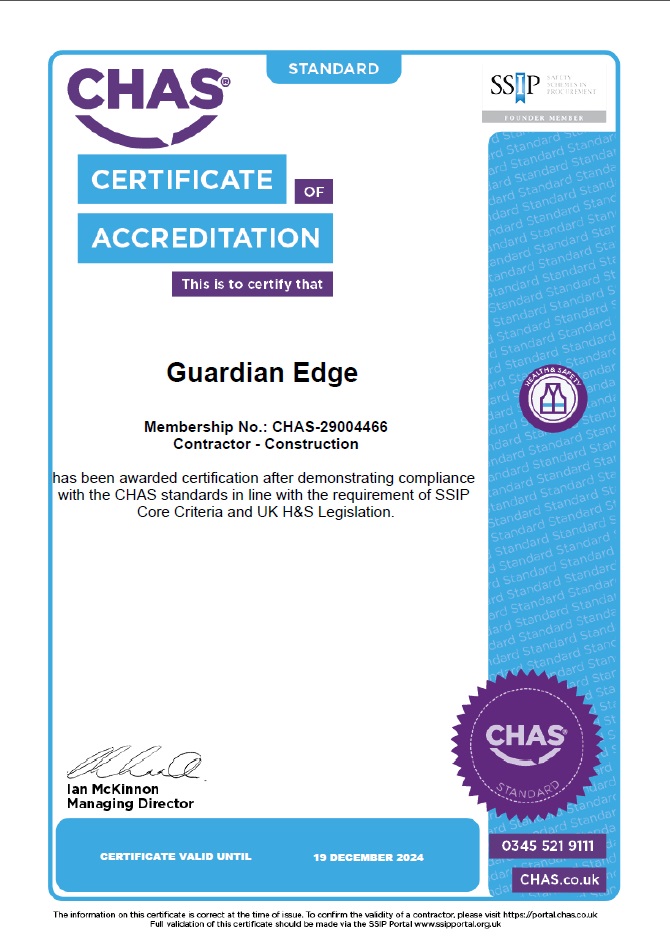Comprehensive Guide to Fire Safety Regulations for Guest Houses and B&Bs in England & Wales
Running a guest house or bed and breakfast (B&B) in England and Wales comes with the critical responsibility of ensuring fire safety. Compliance with fire safety regulations is not only essential for the safety of guests and staff but also for adhering to legal requirements, which helps avoid potential fines and operational disruptions. This guide explores the essential fire safety regulations that guest house and B&B owners must follow, incorporating information from the Fire Safety Act 2022, BS5839, and other relevant approved documents.
The Fire Safety Act 2022: An Overview
The Fire Safety Act 2022 was introduced to improve fire safety in buildings in England and Wales. This act clarifies and extends the scope of the Regulatory Reform (Fire Safety) Order 2005, emphasising the importance of fire safety measures in multi-occupied residential buildings, which includes guest houses and B&Bs. Key provisions of the Fire Safety Act 2022 include:
- Clarifying that the fire safety order applies to the structure, external walls, and flat entrance doors in multi-occupied residential buildings.
- Requiring responsible persons to manage and reduce the risk of fire, with a focus on preventing fire spread via external walls and flat entrance doors.
BS5839: The Standard for Fire Alarm Systems
BS5839 is the British Standard for fire detection and alarm systems for buildings, essential for ensuring robust fire safety measures in guest houses and B&Bs.
Categories of Fire Alarm Systems
BS5839 defines several categories of fire alarm systems, each tailored to different types of buildings and their specific fire risks. For guest houses and B&Bs, the relevant categories typically include:
- Category L2: Automatic fire detectors in escape routes and adjoining rooms, providing enhanced protection.
- Category L1: Comprehensive coverage with automatic fire detectors throughout the building, offering the highest level of protection.
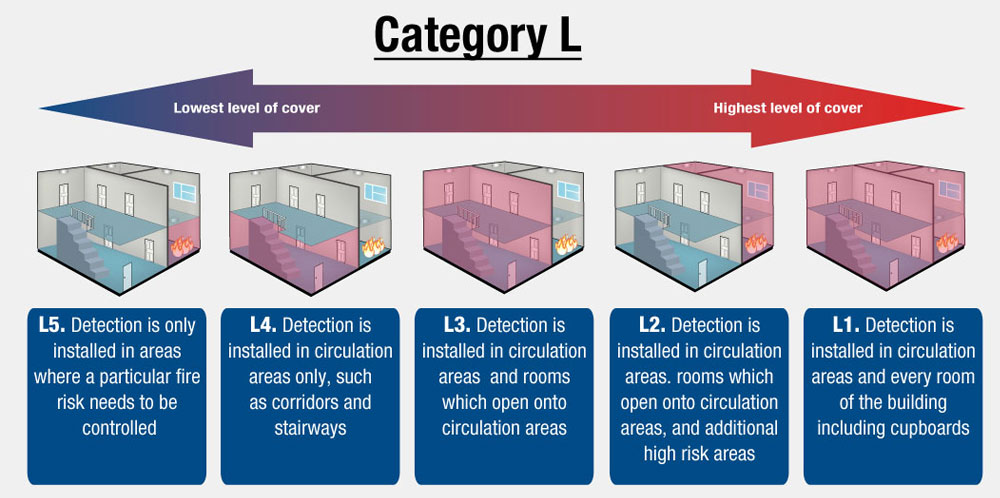
System Design and Installation
Ensuring compliance with BS5839 involves meticulous design and installation of fire alarm systems by professionals. This includes:
- Strategic placement of detectors to cover all potential fire sources.
- Ensuring alarms are audible throughout the building.
- Regular system maintenance and testing to ensure functionality.

Approved Document B: Fire Safety in Buildings
Approved Document B of the Building Regulations provides detailed guidance on fire safety, including requirements specific to guest houses and B&Bs.
Means of Escape
Approved Document B outlines stringent requirements for means of escape in case of fire:
- Unobstructed Escape Routes: Ensuring escape routes are always clear of obstructions.
- Signage: Providing clear and visible signage for escape routes.
- Emergency Lighting: Installing emergency lighting to illuminate escape routes during power failures.
Fire Compartmentation
Fire compartmentation is crucial to prevent the spread of fire, as mandated by Approved Document B:
- Fire-Resistant Materials: Constructing walls and floors with fire-resistant materials.
- Fire Doors: Installing fire doors equipped with automatic closing mechanisms.
Fire Fighting Equipment
Guest houses and B&Bs must be equipped with appropriate fire fighting equipment:
- Fire Extinguishers: Strategically placed throughout the building.
- Fire Blankets: Particularly in kitchen areas for tackling small fires.
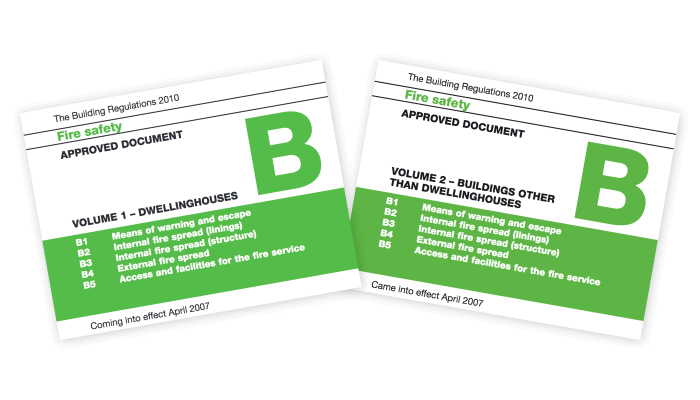
Conducting a Fire Risk Assessment
A thorough fire risk assessment is a cornerstone of fire safety compliance. This process involves several critical steps:
Identifying Fire Hazards
- Recognise potential ignition sources, fuels, and oxygen supplies.
- Evaluate electrical equipment, heating systems, and cooking appliances.
Evaluating Risks
- Assess the likelihood of fire starting and potential consequences.
- Evaluate the effectiveness of current fire safety measures.
Implementing Safety Measures
- Make necessary changes to reduce fire risks.
- Ensure all staff are trained in fire safety procedures.
- Regularly review and update the fire risk assessment.
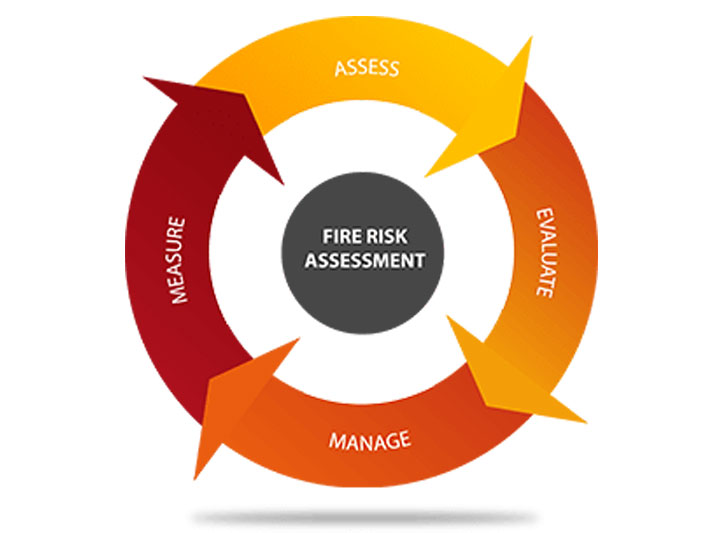
The Role of the Fire Safety Act 2022 in Fire Risk Assessments
The Fire Safety Act 2022 has reinforced the importance of comprehensive fire risk assessments by clarifying the responsibilities of building owners and managers. It emphasises:
- Focus on External Walls and Doors: Assessing fire risks associated with external walls and flat entrance doors.
- Responsible Persons: Ensuring that designated responsible persons manage and reduce fire risks effectively.
Guardian Edge: Your Expert Partner in Fire Safety Compliance
Navigating the complexities of fire safety regulations can be challenging, but Guardian Edge is here to assist. Our expertise in fire alarm installations, servicing, and property maintenance ensures that your guest house or B&B meets all legal requirements, providing a safe environment for your guests. Our services include:
- Comprehensive Fire Risk Assessments: Detailed evaluations to identify and mitigate fire hazards.
- Installation of BS5839-Compliant Systems: Ensuring robust and reliable fire detection and alarm systems.
- Regular Maintenance and Testing: Keeping your fire safety systems in optimal working order.
- Supply of fire safety equipment: From Fire Alarms to Fire Extinguishers we supply industry recognised equipment.
By partnering with Guardian Edge, you can focus on delivering exceptional guest experiences while we handle your fire safety needs.
Conclusion
Fire safety is a critical aspect of running a guest house or B&B in England and Wales. Adhering to the Fire Safety Act 2022, BS5839, Approved Document B, and conducting thorough fire risk assessments are essential steps in ensuring the safety of your guests and the compliance of your business. Guardian Edge is committed to helping you navigate these regulations with ease, providing peace of mind and a secure environment for all.
For more information on our fire safety services, contact Guardian Edge today and let us help you achieve full compliance with confidence.

